I came across an article written in Chinese by a Taiwanese doctor, Dr. Lin Jingyum, and published in the United Daily News, a Taiwanese newspaper. The article was about whether it was good to eat meat or not. I thought that the information should be shared to as many people as possible. Hence, the article is translated and posted here.
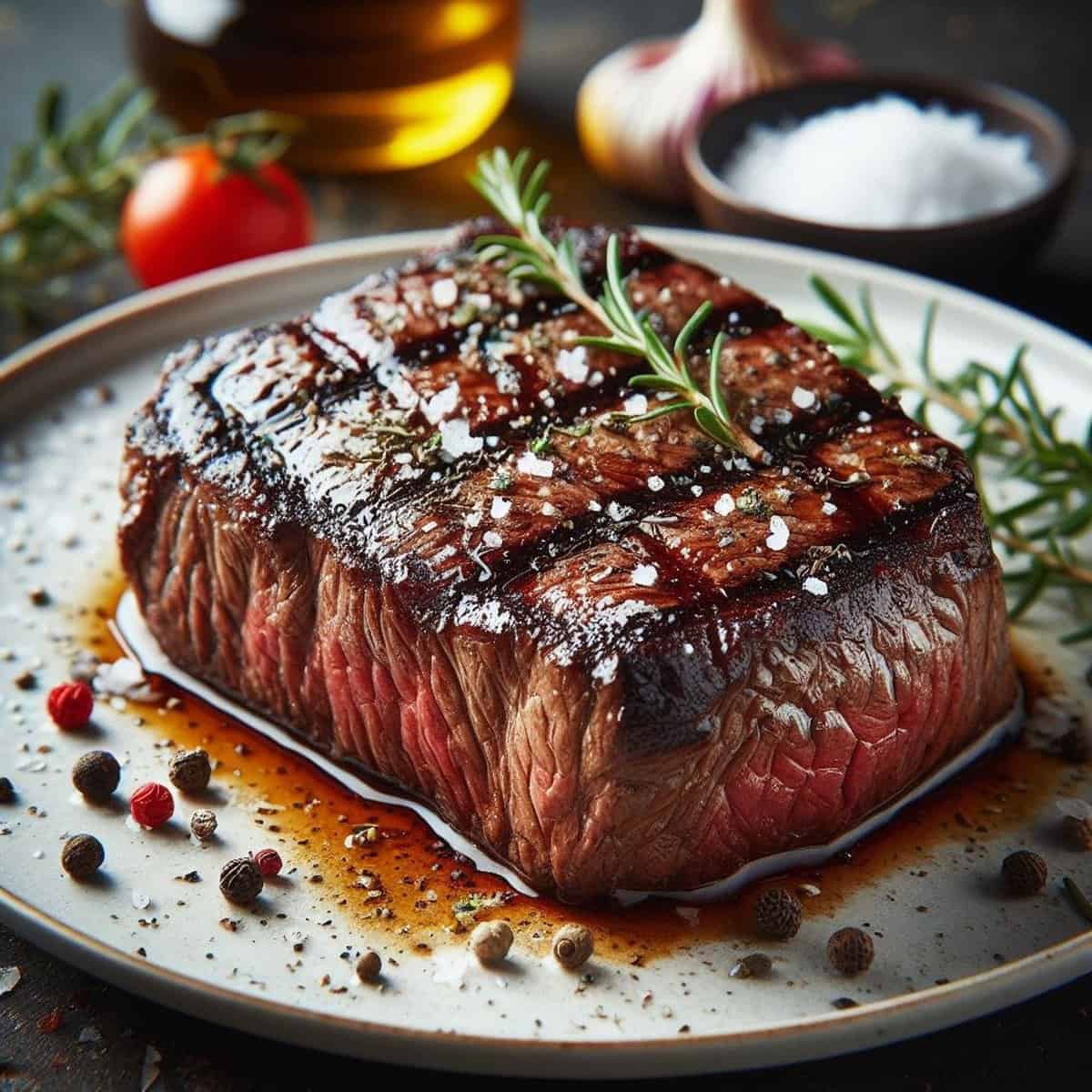
Jump to:
Introduction to Dr. Lin Jingyun 林靜芸
Born in Taichung in 1950, Dr. Lin Jingyun is the first female surgeon in Taiwan and a pioneer in Taiwan's plastic surgery industry.
Her husband is Dr. Lin Fangyu (a famous cardiac surgeon in Taiwan, who served as the President of National Taiwan University Hospital, Director of Health, and President of the Taipei General Hospital, etc.)
Dr. Lin's Story
I didn’t like eating meat since I was a child. I suffered from asthma when I was nine years old. My father stipulated that I should eat a piece of three-layer braised pork with every meal. I often secretly threw it to the cat under the table. As a result, the cat was very well-nourished and often became pregnant. My asthma did not improve until I was in junior high school.
My father was a typical carnivore. He had his own "private dishes" for three meals, which were all meat, including pig heart, boiled chicken, etc. My father had very good teeth and was obsessed with steak in his old age. He could eat two servings by himself. He emphasized that only by eating meat can you gain weight, only by eating meat can you be nutritious, and only by exercising can you have explosive strength.
My mother believed that meat would cause high blood pressure and high blood lipids. When the two of them argued over whether they should eat meat, my mother would threaten my father: "If you have a stroke or a heart attack, I won't take care of you!" Fortunately, my father never had cardiovascular problems in his life.
A Young Physician
I didn't eat meat, but it was said that I was malnourished when I was young. After graduating from medical school, I served as a resident physician at the Department of Surgery at National Taiwan University.
In 1965, Mr. Xie Dongmin was injured in a postal parcel explosion. Mr. Chiang Ching-kuo, then Executive Dean, visited Mr. Xie in the emergency department, and I accompanied him on the staff elevator. Unexpectedly, the ancient elevator was stuck between the two floors, and there were only two of us in the malfunctioning elevator.
Seeing me struggling with the elevator handle, Mr. Ching-kuo said in Mandarin with a local accent, "Take your time, you have to eat more meat, so you will have strength." I was busy for about 20 minutes before starting the motor. As soon as the elevator door opened, several guards thought the officer was being held hostage and pointed their guns at me. I was scared to death! Mr. Ching-kuo took his time and gave me a business card with only the three characters Chiang Ching-kuo on it. That experience did not make me eat more meat. After I got married, I lived with my mother-in-law and became a vegetarian, and I had no connection with meat.
Elderly and Meat
However, according to surgical literature, wounds of the elderly are more prone to complications such as infection and delayed healing than those of the normal population. A blood test showed that the blood of elderly is deficient in preproteins, vitamins, and elements such as iron, zinc, and selenium. If supplementation is given three weeks before surgery, the wound healing of so-called high-risk elderly surgeries will tend to be normal. Preproteins in blood that promote wound healing can be easily obtained from "meat." I, therefore, encourage elderly people undergoing plastic surgery to eat more meat before and after surgery.
As a surgeon, I have good physical strength, but I always catch a few colds every year. Colds sometimes cause asthma and coughing that makes it impossible to sleep at night. I remember my father’s instruction: eat meat for three meals. Strangely enough, my muscles have become stronger, my golf scores have improved, and I have been spared the flu and stomach viruses over the past few years.
Aging
Geriatric medicine experts believe that, "Aging" is a kind of malnutrition. The elderly have reduced appetite, insufficient calories and nutrition, decreased immunity, and decreased cognition. The elderly generally lack protein, so it is recommended that they "eat meat."
According to Japanese reports, Okinawa has the highest number of elderly people who live long and they like to eat meat and fish. The meat that Okinawa people eat is similar to Taiwanese stew, with radish, kelp, garlic, etc. added in. Experts believe that this cooking method reduces total cholesterol and increases unsaturated fat. It is nutritious and will not cause cardiovascular disease. This can be used as reference.
Dr. Shibata, Deputy Director of the Tokyo Institute of Geriatrics, also said,
Protein deficiency may cause sarcopenia, susceptibility to infection, and threaten the life of the elderly. "Meat-eating" is not the culprit of high blood pressure and hyperlipidemia. Meat contains a variety of rich amino acids, which keep blood vessels soft, prevent arteriosclerosis and stroke, and improve immunity against infectious diseases.
In short, meat can provide protein, necessary amino acids, and other nutrients. The elderly should consider eating more meat and have a balanced diet. Only with adequate nutrition can you age successfully.
Related
Looking for other recipes like this? Try these:

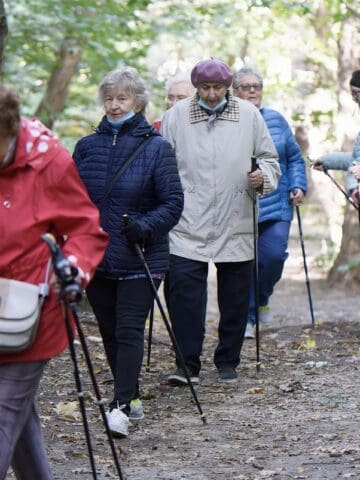

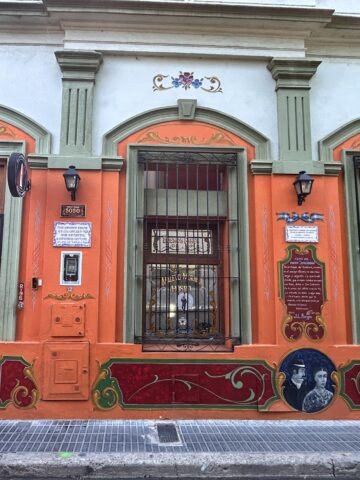
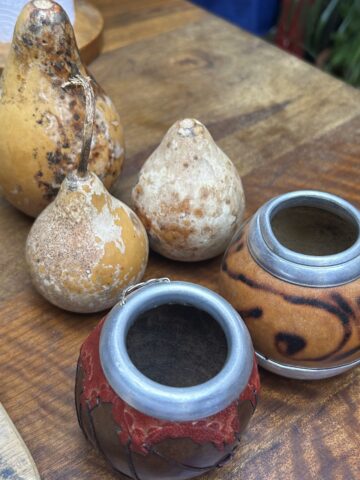
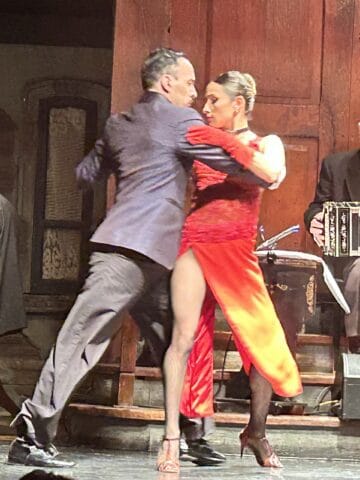
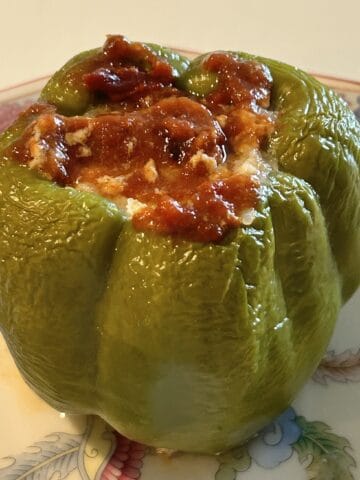
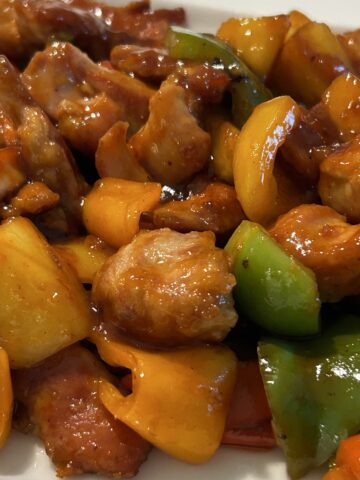
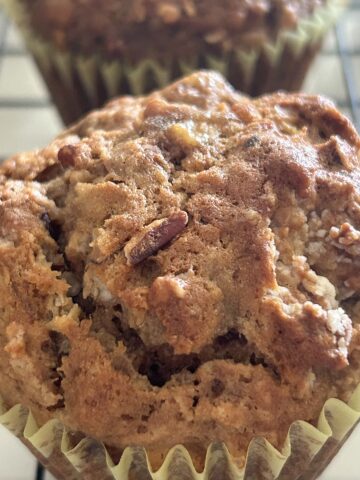
Comments
No Comments